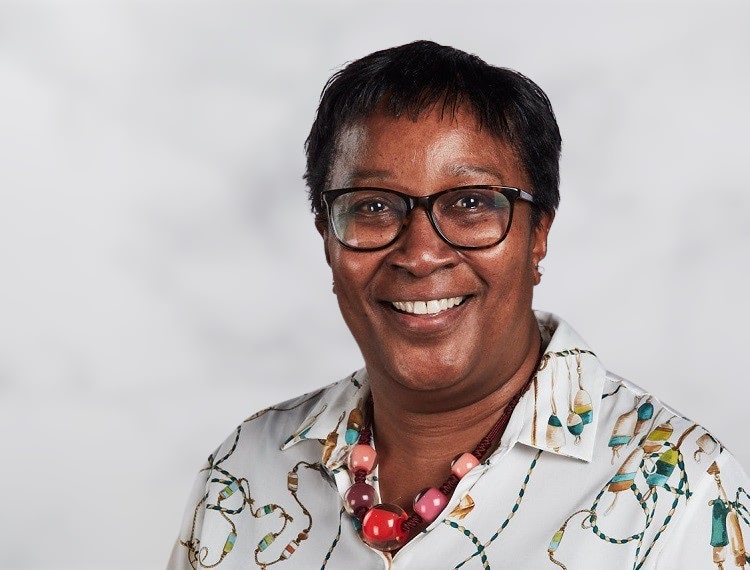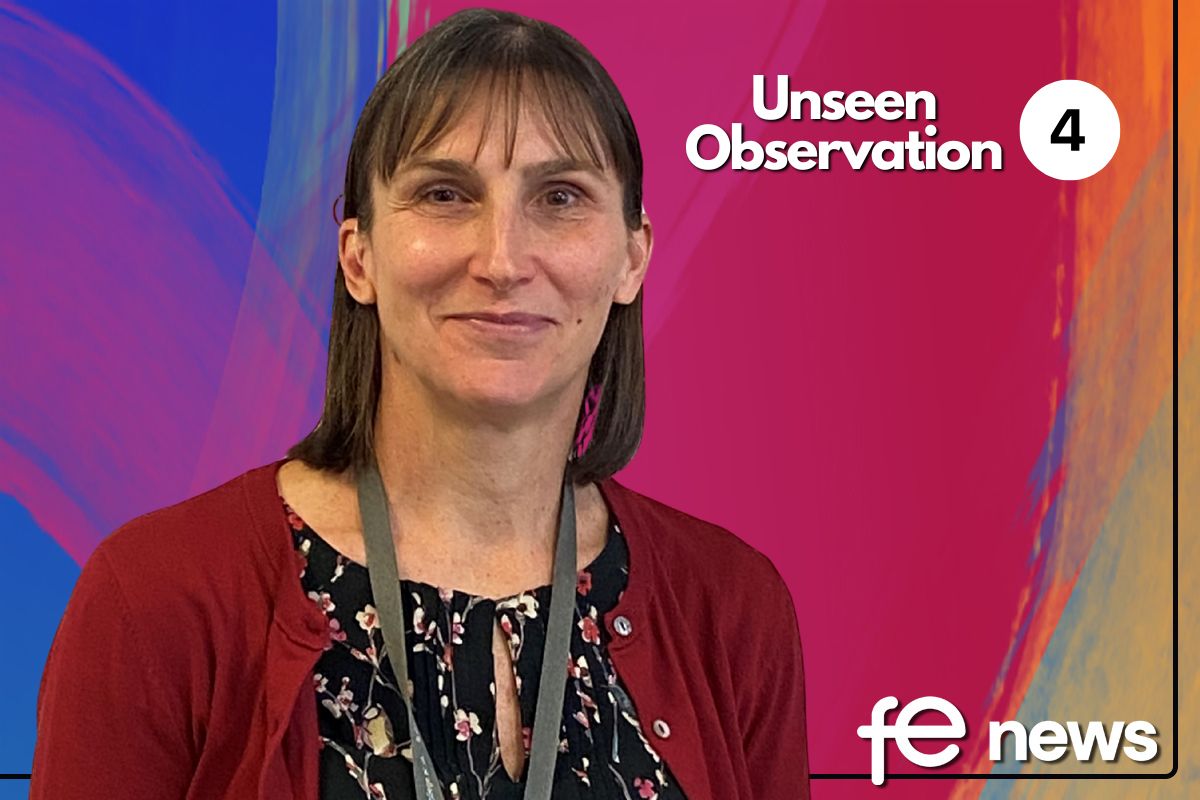Is there still a stigma around apprenticeships?

As our newest intake of apprentices start to get their feet under the table at Coca-Cola European Partners (CCEP), it’s an opportunity to stop and reflect on the early careers landscape. While national efforts to increase apprentices in the workplace has made significant strides and more businesses are beginning to invest in them, there still seems to be a stigma around this form of vocational training.
I have heard so many wonderful stories being shared from organisations and individuals alike, but there is always an undercurrent that parents and schools still have an expectation that someone with the academic ability should take the more traditional academic path like university education, which makes me think we haven’t turned a corner just yet.
Late last year, I spoke to Jordan Brosnan, one of CCEP’s former engineering apprentices, about his apprenticeship journey, the decisions and choices that he has made in his very young 24 years, which prompted some interesting questions.
Jordan was born in Germany and spent his first five or six schooling years there, before moving to his parents’ hometown in Blyth for the latter part of his formative years. By the time he returned to England he had been to more schools than his age, so not as stable a start to education as some might experience. That said, he was in the top set of his middle school and on an accelerated learning programme.
When Jordan left school, he was unsure of which path to take and with several false starts, he identified that a career in Engineering seemed like a good route for him to take so he could learn skills on the job. But during his education, Jordan felt apprenticeships were highlighted as a path for those deemed less ‘academic’. Here, as is the case for many, a stigma around apprenticeships was born for Jordan.
Upon joining CCEP on his engineering apprenticeship he still felt this negative stigma about apprenticeships was hovering over him from school. But his own personal drive, resilience, and the determination to succeed meant that he completed his initial apprenticeship within just two years in our business. For his final two years of the programme, he went on to complete his sponsored degree in engineering management and achieved a first-class honour.
During National Apprenticeship Week at the beginning of February, I listened to BAME apprentice of the year award winner, Kimmy Kimani, apprentice at Milton Keynes College, on the “Ask the Apprentice” panel on why young people from black and Asian backgrounds have such a low uptake on apprenticeships.
During the panel she made a really insightful comment, that many first generation parents who came from different parts of the world don’t know about apprenticeships and, as a result, have not formed part of their thinking when it comes to reviewing their children’s further education options.
This was further evidenced by a Youth Census survey in 2020 which highlights that a third (33 per cent) of black respondents stated that they had never had a discussion about apprenticeships, compared to 13 per cent of white respondents.
Apprenticeships have truly changed over the past four years, but prior to this the focus was very much on trades such as engineering, plumbing, carpentry, electricians, hairdressing, childcare, and targeted at those considered to be academic underachievers.
Today, people are generally more aware that apprenticeships offer significantly broader options, producing solicitors, accountants, NHS professionals, the creative arts, HR professional and many more. At CCEP, we have welcomed our first legal apprentice and offer a wealth of options such as Degree apprenticeships and business administration programmes – all of which are deemed less traditional apprenticeship pathways but that are by no means less respected.
At CCEP we’ve seen first-hand the positive impact of the apprenticeship levy. And events like National Apprenticeship Week continue to showcase the outstanding achievements of our apprentices nationwide, and certainly help to counteract those outdated perceptions of apprenticeships as a less credible career path.
Throughout 2021, let’s continue to amplify our apprentice ambassadors and use it as a platform to remove the stigma. Look at Jordan’s achievements – highly commended at the National Apprenticeship Awards and Apprentice of the Year at the Food & Drink Federation Awards. Until he walked in the shoes of an apprentice, it was only then that he truly understood and valued what the apprenticeship pathway has given to him, and I hope thousands of others will get to share this invaluable experience too and make their mark in whichever industry they choose to pursue.
Sharon Blyfield, GB early careers and apprenticeships lead at Coca-Cola European Partners (CCEP)
Sharon Blyfield has been in the business for 28 years in a variety of functions and roles. She joined the HR team 16 years ago, covering all elements of Supply Chain and now heading up the Coca-Cola European Partners (CCEP) Early Careers and Apprenticeship agenda for Great Britain.
Having spent the majority of her career developing young talent at the start of their careers, her current remit fits perfectly with her passion to create opportunities to support the next generation of young leaders. As part of her commitment, Sharon strives to work with strategic partners who challenge organisation’s approach to under representation of young people across all communities and works to create a level playing field in the recruitment process that might unconsciously deselect from those groups.











Responses